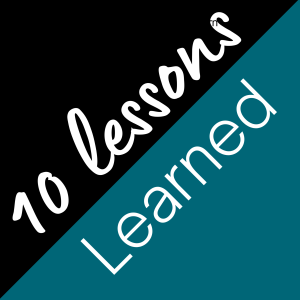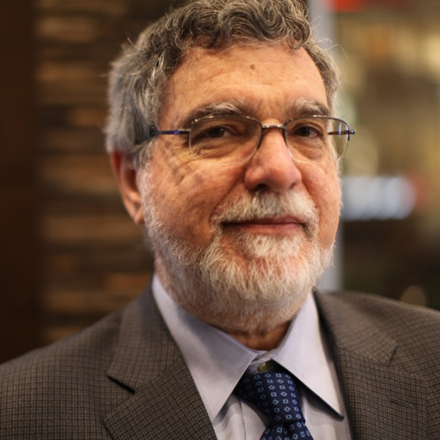

Professor Howard C. Nusbaum shares why " It’s wiser to listen than to speak ", how " Curiosity fuels wisdom ", how " Wisdom is a skill you can learn " and other lessons it took me 50 Years to Learn. Hosted by Duff Watkins
About Professor Howard C. Nusbaum PhD
Howard C. Nusbaum is currently the Director of the Chicago Center for Practical Wisdom and Stella M. Rowley Professor of Psychology at the University of Chicago.
He has recently returned from serving as the Division Director for the Division of Behavioral and Cognitive Sciences in the Directorate of the Social, Behavioral, and Economic Sciences at the National Science Foundation.
His research is on the psychology, neurobiology, and comparative biology of language use, the role of sleep in learning, attention and working memory, and the neurobiology of economic decisions. He is the director of the APEX Lab (Attention, Perception, and EXperience lab) where they study speech perception and music perception as auditory skills, perception as a cognitive system interconnected with other psychological systems, and how wiser decisions arise from experiences supporting an interaction of intellectual virtues such as epistemic humility, reflection, curiosity, and perseverance with moral virtues.
“The mission of the Center is to deepen our scientific understanding of wisdom and its role in the decisions and choices that affect everyday life. We want to understand how an individual develops wisdom and the circumstances and situations in which people are most likely to make wise decisions. We hope that, by deepening our scientific understanding of wisdom, we will also begin to understand how to gain, reinforce, and apply wisdom and, in turn, become wiser as a society.
The Center for Practical Wisdom connects scientists, scholars, educators, and students internationally who are interested in studying and understanding wisdom, and it provides guidance and support for learning about wisdom research, initiates new wisdom research, and disseminates the findings of such research. The Center works to increase public interest in wisdom, in increasing personal wisdom, and in the notion that our institutions could become wiser.
As a Center, we focus on both increasing an understanding of wise reasoning from a scientific perspective, as well as trying to understand how wisdom can have benefits for society generally. The Center supports research on wise reasoning and specifically focuses on how experience can increase wise reasoning. From this perspective, we believe that wisdom is something that develops with experience and that perhaps, almost everyone could be a little wiser.”
Episode Notes
Lesson 1. It’s wiser to listen than to speak 07:33
Lesson 2. Asking questions is wiser than lecturing 11:24
Lesson 3. Wisdom requires understanding others 14:39
Lesson 4. Grasp the vastness of your ignorance. 21:08
Lesson 5. Curiosity fuels wisdom. 27:25
Lesson 6. Gratitude can lead to wisdom 33:48
Lesson 7. Try a little harder, try a little longer. 38:15
Lesson 8. Reflect before acting; reflect after acting. 41:42
Lesson 9. Think about making wiser decisions rather than being wiser 44:12
Lesson 10. Wisdom is a skill you can learn 47:37
No comments yet. Be the first to say something!